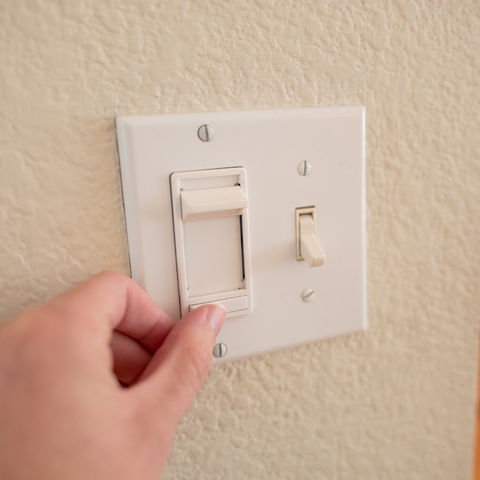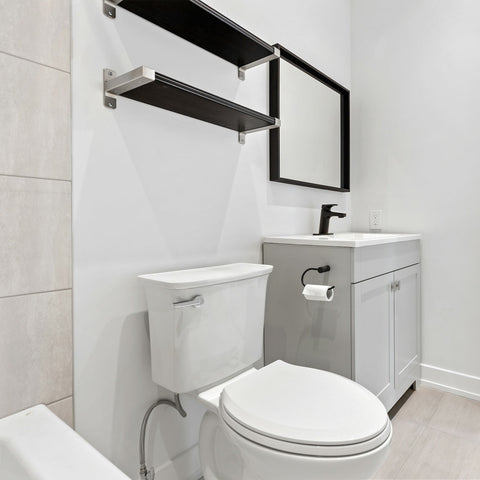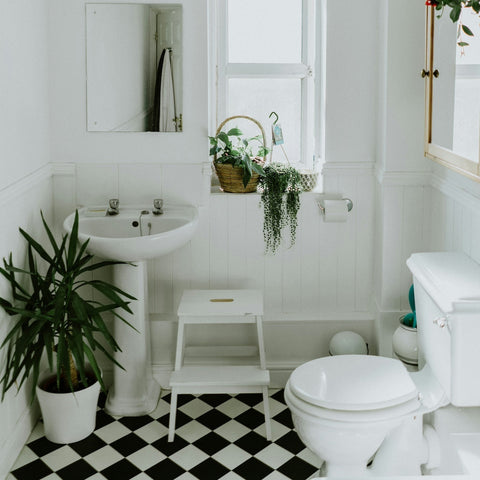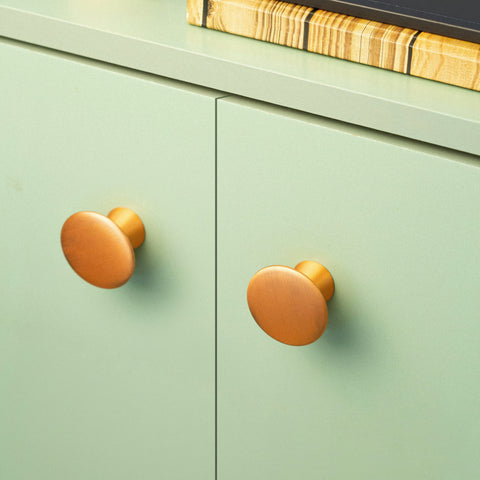Adjustable
Adjustable wrenches are great all-purpose solutions because they adjust and can fit standard and metric fasteners. You should stock a large one (10”) and a small one (6”) to cover most basic jobs around the home. These work well for tightening nuts and bolts on cars, bikes, faucets, showerheads, and lots more.
Allen wrenches
Typically shaped like an L (though also available in ratcheting sets or T shapes), these may look familiar if you’ve ever assembled furniture. Allen wrenches (aka hex keys) turn or hold in place screws that have a hexagonal socket. And while they're included with a lot of products requiring assembly, having your own set of standard and metric sizes is handy for working on bikes, electronics, and repairing furniture, cars, motorcycles, and tools.







